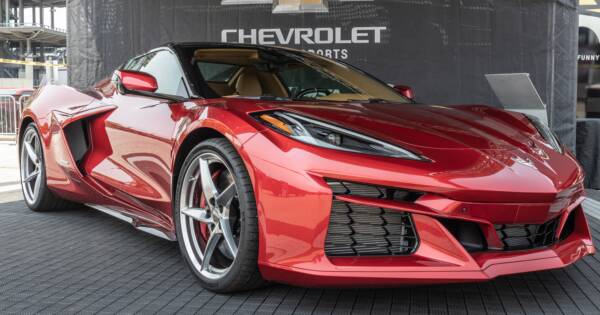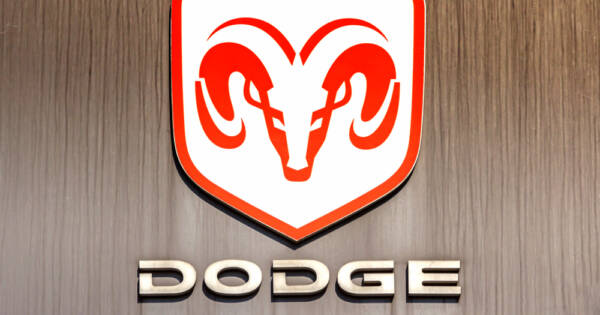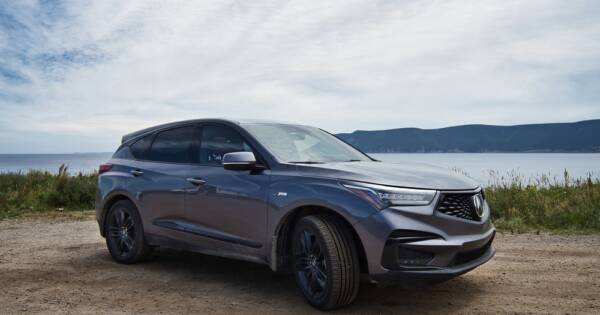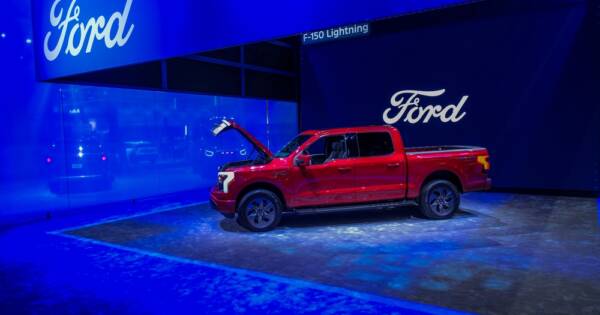There’s a lot of appeal to owning a newer vehicle. After all, the maintenance burden increases as the car ages. If you want a no-hassle driving experience, handing your car back as it approaches the end of its warranty period can be appealing. Likewise, if you prefer to always be driving a reasonably new car, leasing may be a cost-effective choice. It’s crucial to understand how buying vs. leasing really stacks up.
What Are Your Options for Car Ownership?
There are two main options for having a car these days — buying it outright or leasing. The way you pay for your car makes a difference, however. If you’re planning to keep it for a long time, buying with cash is a good option. You’ll avoid any hassles of financing and the extra interest expenses.
If you need to take out a loan, though, you have some options. You can opt for a traditional loan, car finance, hire purchase, or PCP financing. Learning the ins and outs of each option can help you get the best deal for your financial circumstances.
Buying a Car For Cash
Buying a car with cash doesn’t have to mean walking into a dealership with a suitcase full of cash. In finance terms, if you pay for a car outright, that’s considered a cash purchase. Buying outright frees you from worrying about interest. It also means you don’t have to make loan payments on an asset that’s likely to lose 20% of its value in the first year of ownership.
However, many motorists opt to finance even if they can afford to buy a car in cash. Plenty of dealerships offer cheap financing incentives. Mostly though, buyers tend to prefer spreading the cost over a couple of years to make paying for the car easier.
Car Finance Benefits and Downsides
Taking out an auto loan can be an appealing choice. It allows you to spread the cost of the car over a period of several years. The average auto loan interest rate varies depending on the term of the loan and your credit rating.
Auto loans for a term of 60 or fewer months usually carry lower interest rates than those for longer terms. Spreading the cost of a purchase over time is a nice perk. However, if you’re a borrower paying interest at the higher end of the spectrum, you need to be aware of the total cost of the loan. By the end of the term, you’ll have paid several thousand dollars more than the cost of the vehicle. Plus depreciation has wiped out the majority of its value.
Hire Purchase for Cars
A hire purchase agreement is a form of loan where you spread the cost of your purchase over a set period. At the end of the term, you pay an additional fee to take ownership of it. Hire purchase used to be commonplace for white goods and remains a popular option for cars.
One of the benefits of hire purchase is flexibility. It’s possible to hand back the car early, as long as you’ve paid off a certain percentage of the loan. However, if you do decide to hand the car back early, that means you’ve been paying interest and have nothing to show for it.
Personal Contract Purchase Plans
A personal contract purchase is similar to a hire purchase. However, the agreement is structured with a deposit at the start of the period, regular monthly payments, and then a balloon payment at the end. If you don’t want to pay off the balloon payment, you can hand the car back instead.
During the COVID-19 pandemic, used car prices were elevated to the point that some motorists were able to sell their cars back to dealers for more than the balloon payment’s value. The resulting profit gave them a chance to put down a large deposit on their next car. This situation isn’t guaranteed to happen when used car prices stabilize, though.
Buying a Used Car
Instead of purchasing a new car, you may opt to buy a low-mileage used car. This is a good option, since most of the depreciation on cars happens in the first few years of ownership. A car that’s been regularly, kept clean, and is in good condition normally holds its value well.
If you want hassle-free car ownership, you can still save money by looking for quality cars that are two-to-five years old. Then trade them back in every few years, before they lose too much value. You can avoid some of the issues that come with aging, high-mileage vehicles by doing this.
Buying Isn’t Always the Best Idea
If you’re a car enthusiast or brand loyalist, you may desire a specific type of car. However, if you simply want to get to and from work each day, ownership isn’t always necessary.
Leasing a car can give you all the benefits of mobility, flexibility, and freedom without the expense of ownership. It’s common for people who work in image-conscious industries to lease cars. That way, they always have the newest makes and models. They also don’t have to worry about all the same responsibilities of owning a car. They just hand back the keys at the end of the lease term and pick a new vehicle. Weighing the benefits and downsides of leasing makes sense.
The Benefits of Leasing a Car
There are several benefits to leasing a car:
- Low initial deposit.
- Lower monthly payments.
- No need to worry about ongoing maintenance.
- Can consistently have a “new” car for a relatively low fee.
Leasing is just a long-term rental. You get a new car and can drive it for as long as you’re happy paying the lease. When you decide you want an upgrade, you can hand the car back and get a newer model instead.
You don’t have to worry about depreciation or some of the ongoing costs of owning the car. (Although you’ll still be paying for things like fuel and insurance.) If you’re happy to always pay a monthly fee to have access to a vehicle, leasing is a practical option.
The Downsides of Leasing a Car
The main downside of leasing a car is that you never actually own it. If you need to stop making payments for any reason, you have to hand the car back. Breaking a lease early may also come with financial penalties.
To some, the idea of constantly paying a monthly fee and never actually owning anything is unappealing. While vehicles are definitely not appreciating assets, many drivers like to get some value out of their cars when they resell or trade them in.
Some car enthusiasts prefer to own a slightly older car for the extra freedom. You can’t make modifications to a car that you’ve leased. In addition, if you scratch or damage a leased car, you can be charged for the damage when you hand it back. Many leases also have mileage limits, meaning you have to carefully budget how much you drive.
Personal Use of Company Cars
One final option many people fail to consider is the company car. If your job gives you access to a company vehicle, find out about its policy for personal mileage. Personal use of a company car is considered a benefit in kind for tax purposes. It can often give you access to a modern, high-quality car without the expense of a loan or a rental agreement.
This option isn’t practical for everyone, though. For example, you may not want to clutter up a car used for client visits with family-related paraphernalia or sporting goods.
Plan Your Budget Carefully
Whether you decide to buy a car outright, take out a loan, or lease your next vehicle, you’re going to spend a lot of money. Work out your budget over the short, medium, and even long-term. Make sure any decision you make is sustainable.
You may enjoy owning that brand-new car. However, will you enjoy it as much when the vehicle is four years old and you’re still making those hefty month payments? You may start to resent your decision. Think about any likely changes in your circumstances (or other major purchases you have planned) before you commit to anything.
Buying vs. Leasing Remains a Personal Choice
What works for one person may not work for another. Deciding whether to buy or lease is a matter of your own circumstances. If you’re a seasonal worker or have a lower income, for example, consider the balance between the fun of having the latest model on a lease versus the peace of mind of owning something a few years older.
The ever-present threat of breakdowns and maintenance requirements may make owning an older car stressful for you. The worry of higher monthly payments may also be an issue. Don’t let a salesperson pressure you into making a financial decision that doesn’t work for you and your family.




